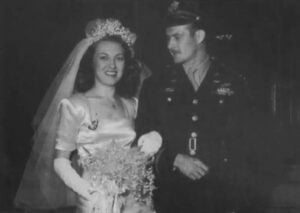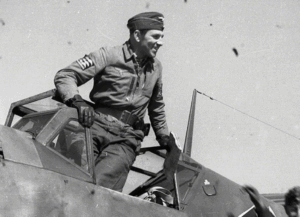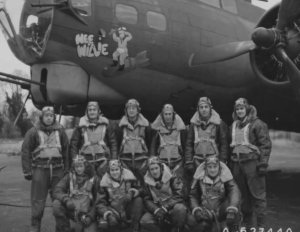Watch: 101-Year-Old WWII Bombardier Shares Story of Surviving 50 B-24 Missions
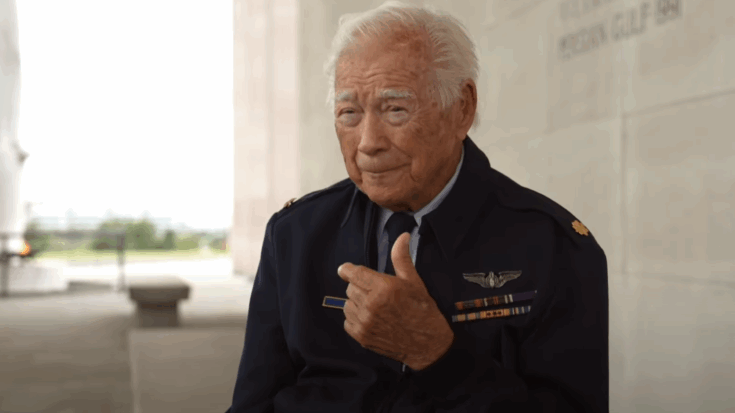
Exploring Virginia's History with Greg McQuade / YouTube
Flying into Danger
More than eighty years ago, a young airman named Dan Dorchak took to the skies in one of the most dangerous theaters of World War II. Now 101 years old, Dorchak recalls those days through the yellowed pages of his wartime diary and the logbook he kept for every mission. As a B-24 bombardier in the U.S. Army Air Forces, he flew 50 missions against the Japanese Army and Navy, facing threats not only from enemy fire but from the unforgiving environment above Asia.
Dorchak’s unit, part of the 308th Bomb Group, operated out of China. Their flight paths carried them across the towering Himalayas—a region pilots called “The Hump.” The mountains were so treacherous that a single cloud could seal a crew’s fate. “If you hit a cloud in the valley, you may not come out,” he recalled. During one flight to India, only two of three planes emerged from a storm. “They never found him. The whole crew gone,” he said quietly.
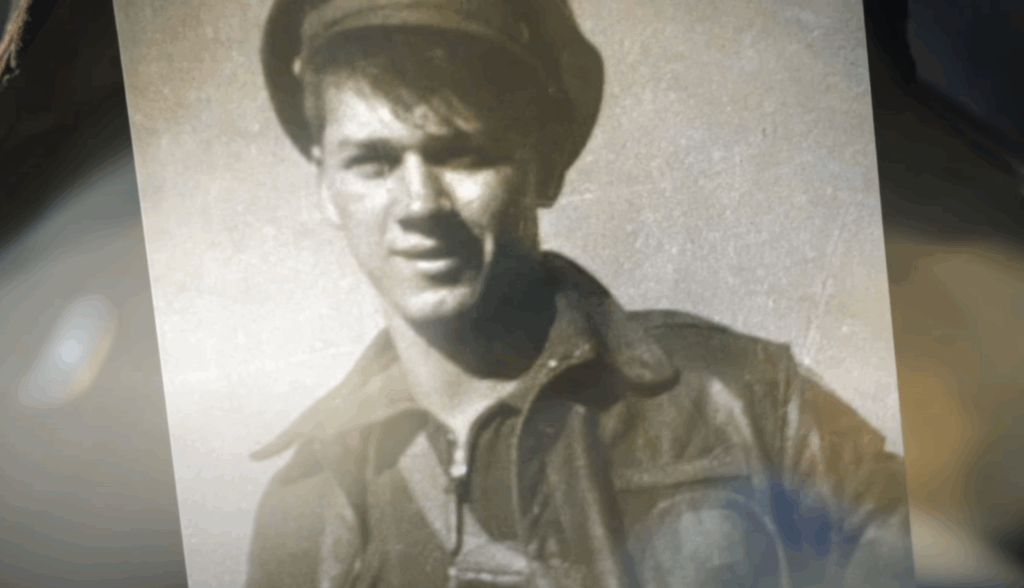
A Near-Fatal Mission
The danger wasn’t limited to weather. In May 1945, while attacking a railway target, enemy soldiers fired rifles at his bomber. A bullet tore through the cockpit, killing the pilot instantly and striking Dorchak in the neck. “When I came to after being hit, I said, ‘God, if you let me live, I’ll be a good Catholic the rest of my life,’” he said. Doctors later removed the bullet, which he still keeps as a reminder of survival. Within a week, he was back in the air.
Remembering Those Who Didn’t Return
At the Virginia War Memorial, Dorchak shares his stories with visitors who call him a hero. He humbly disagrees, saying he was just doing his job. After the war, he continued serving, rising to the rank of major in the Virginia Air National Guard. When asked about his comrades, his voice softens: “They gave it all to the war effort.”
Eighty years later, Dorchak still keeps his mementos close—a diary, a logbook, and a bullet—symbols of endurance, memory, and gratitude.
Watch the full interview below:















